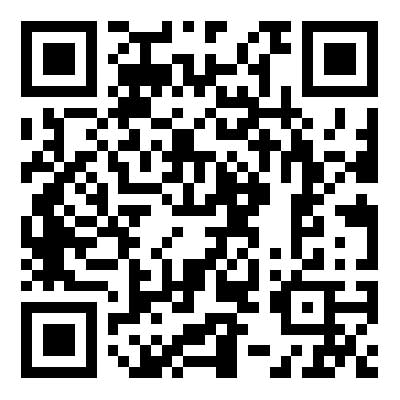How Copper Braided Wires work in electricity
2025-05-06
Copper braided wires play a crucial role in conducting electricity, especially in flexible and high-vibration environments. Here’s how they work:
1. Electrical Conductivity
Copper is an excellent conductor of electricity due to its low electrical resistance. This means electrons (the carriers of electric current) can flow through it easily with minimal energy loss.
2. Braided Design
Braiding involves intertwining many thin strands of copper wire into a mesh-like structure. This design gives the wire:
Flexibility: Ideal for situations where the wire needs to bend or move frequently (like in robotic arms or vehicle doors).
Durability: The braiding resists breaking better than a single solid wire under repeated motion.
Increased Surface Area: Useful for handling high-frequency currents (due to the skin effect, where current tends to flow along the surface).

3. Electromagnetic Shielding
Copper braid can also serve as a shield around other wires to block electromagnetic interference (EMI). It acts as a grounding path that absorbs and redirects unwanted electrical noise.
Common Uses
Grounding straps in electrical systems
Flexible power connectors in machinery
EMI shielding in coaxial cables and data cables
If you are interested in our products or have any questions, please feel free to contact us and we will reply you within 24 hours.

